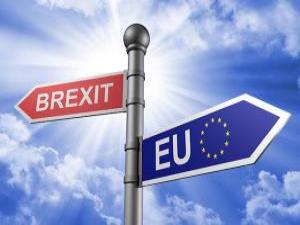
By Cate McCurry, PA
Cabinet Office minister Michael Gove has told MPs there will be “limited and proportionate” checks on agricultural products moving from Great Britain to Northern Ireland.
Responding to Labour in the Commons he said: “She (Rachel Reeves) asked about border infrastructure, let me emphasise, this border infrastructure is there to ensure that sanitary and phytosanitary checks can be made.
“As she knows, as the House knows, it is already the case that the island of Ireland is a single epidemiological zone and therefore when live animals move from Great Britain to Northern Ireland there are physical checks.
“There will be border facilities in order to ensure that these limited and proportionate SPS checks can be carried out and the Port of Foyle, Warrenpoint, Belfast and Larne, and we’ve reassured the Commission and indeed others about the speed and effectiveness with which the necessary limited infrastructure will be in place.”
It comes after Ireland’s deputy leader said he believes Boris Johnson would be willing to make concessions to get a post-Brexit trade deal.
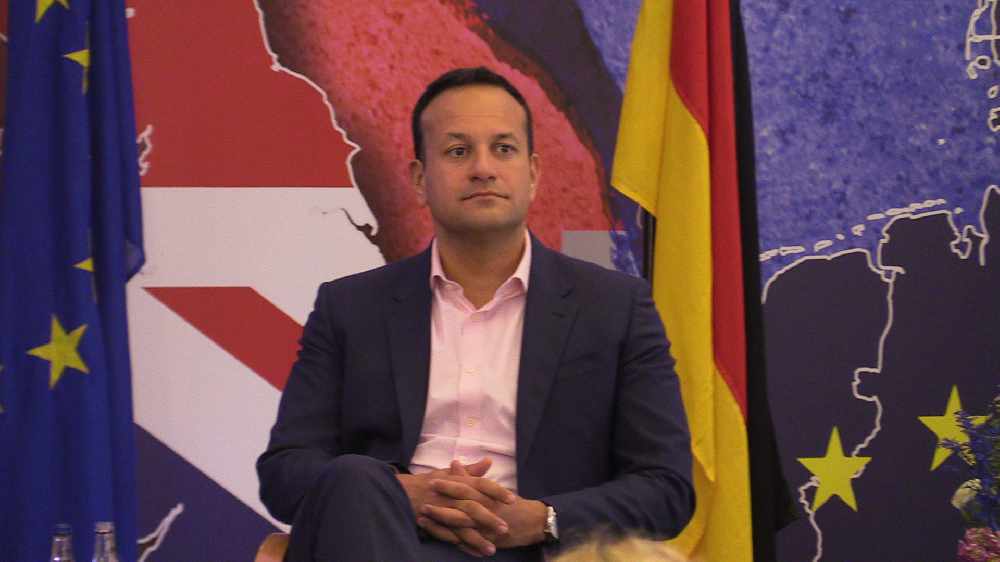
Leo Varadkar said the European Union and the UK have “more to gain and more to salvage” from an agreement than they have to lose.
The Fine Gael leader said that any breakthrough in the talks will take “some politics” and will need both sides to “move a little bit”.
He made the comments ahead of a meeting between the British Prime Minister and European Commission president Ursula von der Leyen on Wednesday.
Mr Varadkar said Mr Johnson’s natural instincts are closer to the “liberal” London mayor than the more “conservative” Brexiteer.
“For us to have access to our single market and for us to have free trade with the UK, we need to know that the UK isn’t going to undercut us on standards, whether it’s workers’ rights or health and safety, the environment, product standards, all of those things,” Mr Varadkar told RTE Morning Ireland.
“Is Boris Johnson willing to make concessions in those areas? I think he probably is.
“If I know him, and I don’t know him that well, but I know him a bit, I think his natural instincts are much closer to the more liberal London mayor that he was than the more conservative Brexiteer.
“I think he wants Britain to be part of the world, and I think he wants Britain to be seen as a country that is a first actor, one with high standards. However, he will be very strong on the sovereignty point and I think any set of common minimum standards, any set of level playing field rules, would have to be one that the UK feels are imposed on them.
“That will be a circle that is going to be hard to square.”
Mr Varadkar said it is crucial that Brussels and London agree a future relationship treaty that deals with trade, fisheries, security and aviation.
“The Taoiseach (Micheal Martin) said it is 50-50 and I think that assessment is absolutely correct,” Mr Varadkar added.
“Ultimately, I believe that both sides have more to gain and certainly more to salvage from an agreement over the next few days than we have to lose.
“Ultimately, it takes some politics at the end and both sides to move a little bit in the end but I think (on) both sides that is possible.”
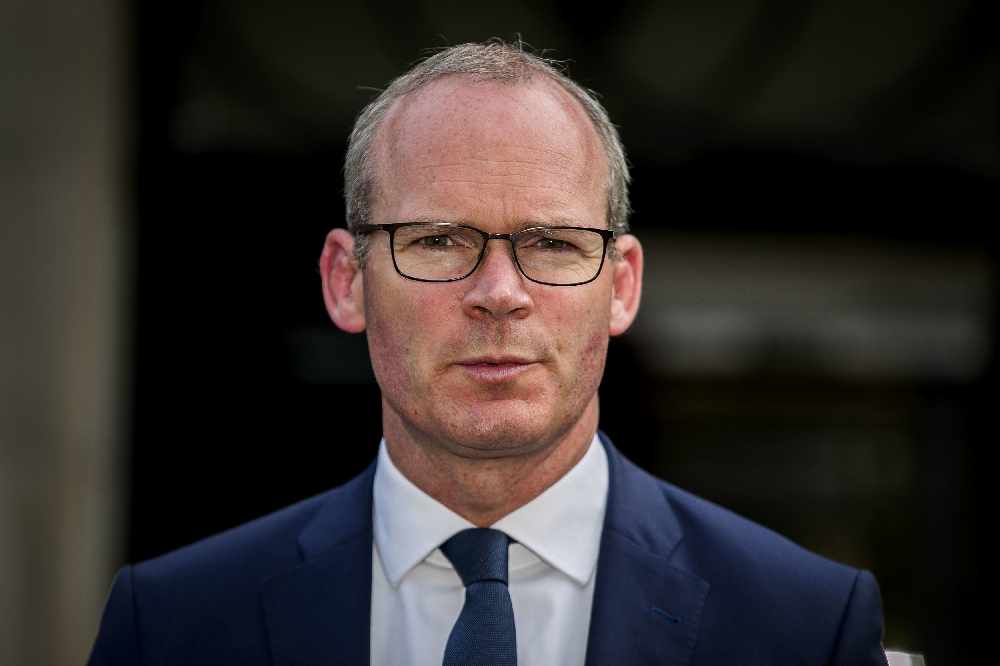
Ireland’s Foreign Affairs Minister has also warned of the consequences if both sides fail to agree a post-Brexit trade deal.
Simon Coveney said the price of Irish beef in the UK would increase “significantly”.
“Trade will probably continue in the short-term because supermarket shelves have to be filled and there are no alternatives to Irish beef in the UK in some cases,” he told Newstalk.
“Having said that, in the medium-term if Irish beef is priced in a way that is linked to significant tariffs, I think the UK will over time find cheaper sources of beef from other parts of the world.
“That is, of course, the big concern, that our very significant part of the beef market in the UK would be displaced by beef coming from South America or North America, or somewhere else.
“That would be hugely disruptive across the EU as well.”


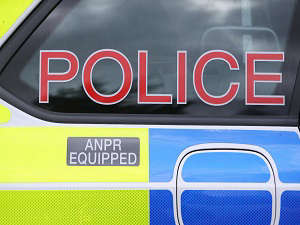 Woman in critical condition after she's struck by car in Belfast
Woman in critical condition after she's struck by car in Belfast
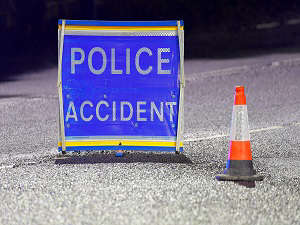 Man dies following road accident in County Fermanagh
Man dies following road accident in County Fermanagh
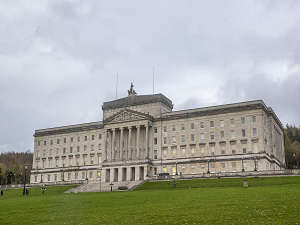 Executive will ‘have to deal’ with compensation costs from PSNI data breach
Executive will ‘have to deal’ with compensation costs from PSNI data breach
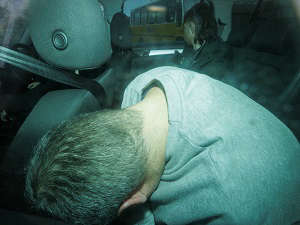 Man remanded in custody charged in connection with mosque burning plot
Man remanded in custody charged in connection with mosque burning plot
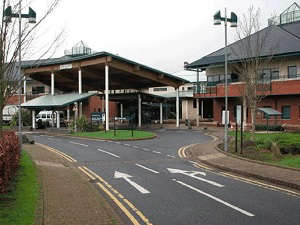 Woman charged over breaches at abortion safe access zone
Woman charged over breaches at abortion safe access zone